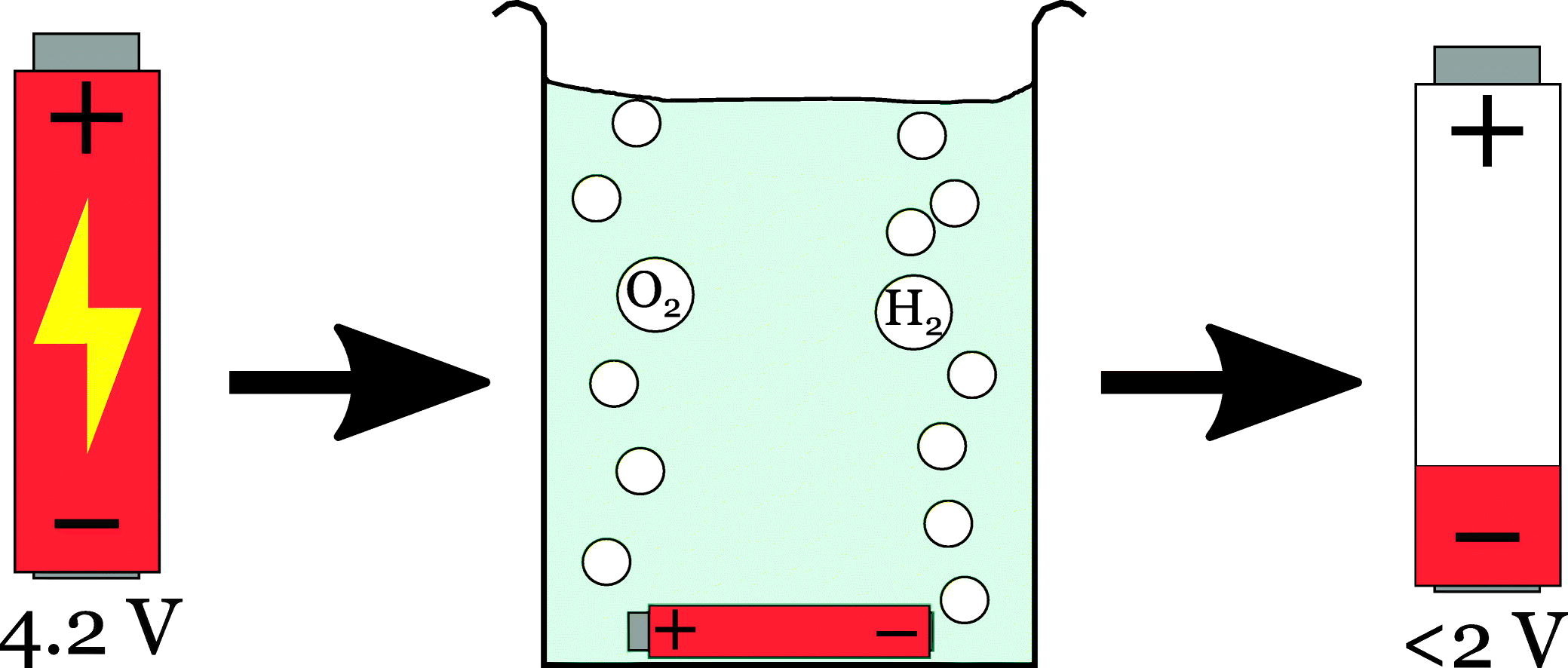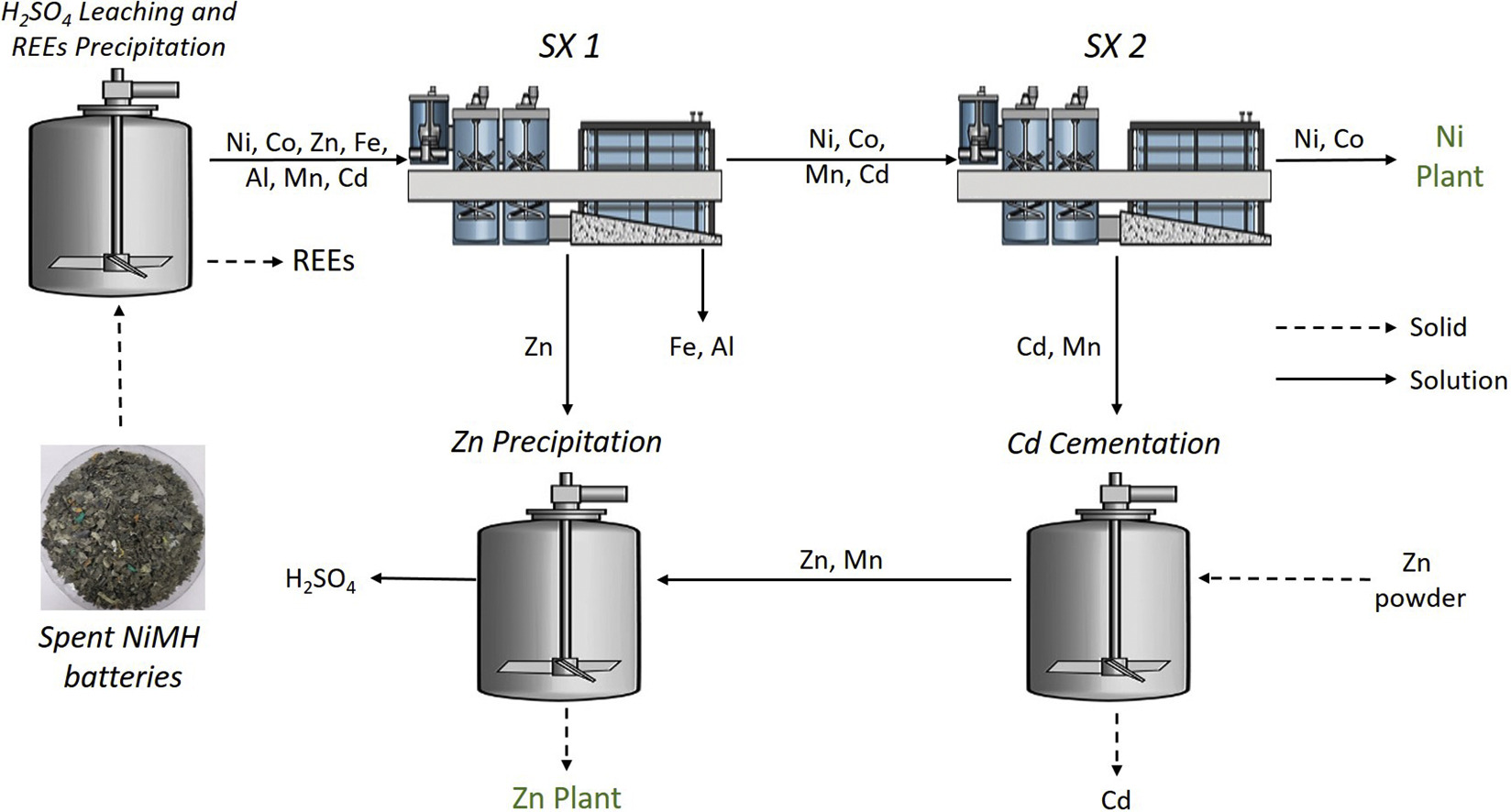Sustainable consumption and production (SCP) is at the core of the United Nations Sustainable Development Goals (SDGs), specifically addressed by SDG 12. This goal aims to "ensure sustainable consumption and production patterns," acting as a cross-cutting theme that feeds into other SDGs such as those related to climate change, poverty, health, and sustainable cities.
SCP involves using services and products in a way that minimizes environmental damage, preserves natural resources, and promotes social equity. The purpose is to decouple economic growth from environmental degradation, which means pursuing economic development in a way that can be sustained by the planet over the long term. SCP requires changes at all levels of society, from individuals to businesses to governments.
At the individual level, SCP implies making lifestyle choices that reduce environmental impact. This might include reducing, reusing, and recycling waste, choosing products with less packaging, and opting for more sustainable forms of transport like cycling or public transport.
For businesses, SCP entails adopting sustainable business models and practices. This could include improving resource efficiency, investing in renewable energy, designing products that are durable and recyclable, and ensuring fair labor practices.
At the government level, SCP involves implementing policies that support sustainable business practices and incentivize sustainable consumer behavior. This might involve regulations to reduce pollution, subsidies for renewable energy, and campaigns to raise awareness about sustainable consumption.
SCP also plays a role in several other SDGs. For example, sustainable production practices can help mitigate climate change (SDG 13) by reducing greenhouse gas emissions. Additionally, by reducing the pressure on natural resources, SCP supports the goals related to life below water (SDG 14) and life on land (SDG 15).
While progress has been made in certain areas, challenges remain in achieving the shift towards SCP. These include existing patterns of overconsumption, limited awareness about the impacts of consumption, and the need for technological innovation to enable more sustainable production.
Circular economy strategies seek to reduce the total resources extracted from the environment and reduce the wastes that human activities generate in pursuit of human wellbeing. Circular Economy concepts are well suited to the building and construction sector in cities. For example, refurbishing and adaptively reusing underutilized or abandoned buildings can revitalize neighborhoods whilst achieving environmental benefits. Cultural heritage buildings hold a unique niche in the urban landscape.
The UN 17 Sustainable Development Goals (SDGs) and the 169 targets have been considered in multidisciplinary approaches worldwide. Whereas, several environmental, economic and social development concerns have been covered by the UN 2030 Agenda. The aim of this research is to investigate the complexity of the interactions between building materials and the SDGs, in an attempt to establish a knowledge-based decision support system for policy-makers, designers and construction stakeholders regarding the implementation of 2030 agenda.
Background: Fruits and vegetables are an excellent source of nutrients, with numerous health benefits. Most consumers are not meeting the daily recommended intake of fruits and vegetables. Yet, a significant amount of fruits and vegetables that is produced is wasted. There are opportunities to recover the wasted fruits and vegetables for manufacturing value-added products to improve the sustainability of healthy diets and reduce the environmental footprint.
Agricultural Internet of Things and Decision Support for Precision Smart Farming, 2020, Pages 1-33


